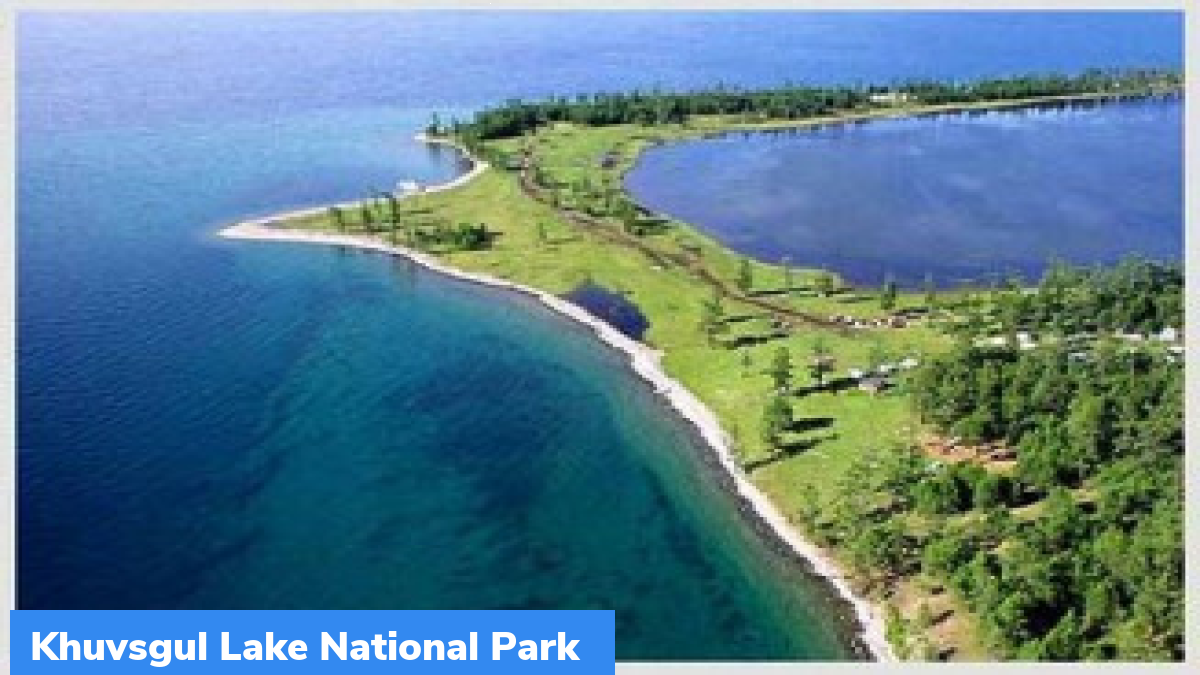UNESCO Reserve List: Khuvsgul Lake National Park
The Khuvsgul Lake National Park of Mongolia has been added to the World Network of Biosphere Reserves by UNESCO.
Key Points
- This decision was taken during 34th session of International Co-ordinating council of Man and Biosphere Programme.
- This programme is taking place in Paris, France.
- The Man and Biosphere Programme is an intergovernmental scientific program. It was set up in early 1970s by UNESCO.
- The primary aim of the programme is to establish a scientific basis for enhancing relationship between people and their environments.
About Khuvsgul Lake
The Khuvsgul Lake is located in northern Mongolian province of Khuvsgul, near to Russian border. It holds 70 per cent of freshwater of Mongolia or accounts for 0.4 per cent of world’s total. This lake is located around 1645 meters above the sea level. It is a 135 km long and 262-meter-deep lake. A total of nine sites from Mongolia have so far been registered in the network, according to the ministry. It is the largest fresh water lake of Mongolia, by volume. In terms of area, it is the second largest lake in Mongolia. The lake is located at about 200 km west of Lake Baikal. It is nicknamed as “Younger sister” of two “sister lakes”. It freezes over completely in winter.
Mountain Ridges surrounding the Lake
Khuvsgul Lake is surrounded by several mountain ridges. The highest of them is Burenkhaan or Monkh Saridag. Its peak lies exactly on Russian-Mongolian border.
World Network of Biosphere Reserves
The World Network of Biosphere Reserves by UNESCO covers internationally designated protected areas called as biosphere reserves. There reserves are meant to demonstrate a balanced relationship between nature and people. They are created under Man and the Biosphere Programme. It comprises of dynamic and interactive network of sites. It works to foster harmonious integration of people and nature to attain sustainable development by means of participatory dialogue, poverty reduction, knowledge sharing, human well-being improvements, and respect for cultural values.
Month: Current Affairs - June, 2022
Category: Environment Current Affairs • International / World Current Affairs








